Rudresh Mahanthappa & Bunky Green - Apex (2010)
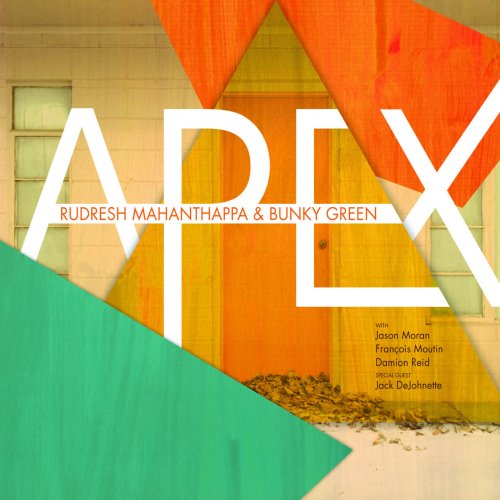
Artist: Rudresh Mahanthappa, Bunky Green
Title: Apex
Year Of Release: 2010
Label: Pi Recordings
Genre: Jazz, Post-Bop
Quality: FLAC (tracks) / MP3 320 Kbps
Total Time: 01:17:51
Total Size: 537 / 200 Mb
WebSite: Album Preview
Tracklist:Title: Apex
Year Of Release: 2010
Label: Pi Recordings
Genre: Jazz, Post-Bop
Quality: FLAC (tracks) / MP3 320 Kbps
Total Time: 01:17:51
Total Size: 537 / 200 Mb
WebSite: Album Preview
01 - Welcome
02 - Summit
03 - Soft
04 - Playing with Stones
05 - Lamenting
06 - Eastern Echoes
07 - Little Girl, I'll Miss You
08 - Who?
09 - Rainer and Theresia
10 - The Journey
Performers:
Jack DeJohnette
Bunky Green
Rudresh Mahanthappa
Jason Moran
Francois Moutin
Damion Reid
Apex is a cross-generational collaboration between ubiquitous 39 year-old poll-winner Rudresh Mahanthappa and undersung 75 year-old legend Bunky Green. Supported by an all-star rhythm section, the ideally paired alto saxophonists are joined by Mahanthappa's regular bassist Francois Moutin and stellar pianist Jason Moran, with newcomer Damion Reid and the renowned Jack DeJohnette alternating on drums. Encompassing a diverse range of material, Apex showcases the saxophonists' fervent interplay in collusion with an empathetic, highly responsive rhythm trio.
A rising star, Mahanthappa's partiality for intricate structures based on mathematical and linguistic concepts has occasionally resulted in his work being labeled overly cerebral, though his burgeoning interest in South Indian Karnatic music has won him great acclaim in recent years. A formative influence from Mahanthappa's student days, Green has spent the past few decades in relative obscurity, his brief tenure as a sideman to Charles Mingus superseded by his academic role as a life-long jazz educator. Green's biting tone and angular phrasing has long inspired the M-Base crowd (including Mahanthappa), making this auspicious meeting a triumph of serendipity.
The conceptual heart of the recording lies in Mahanthappa and Green's vivacious discourse, their sinuous cadences sharing an aesthetic approach that transcends the nearly four decades that separate them. Possessing a similarly tart timbre and harmonically sophisticated sensibility, they trade brisk, virtuosic salvos with corresponding stamina, belying their age difference. The appropriately titled "Summit" and the dramatic closer "The Journey" are epic meditations on the possibilities of a dual alto front-line, featuring some of the date's most impassioned exchanges. The jubilant funk of "Playing with Stones" and serpentine modality of "Eastern Echoes" borrow liberally from Mahanthappa's interest in the music of his heritage—the later finds Green revisiting the Eastern tonalities he gleaned studying Algerian street musicians in the 1960s. The bristling abstraction "Who?," the most oblique and adventurous offering of the set, spotlights the altoists' coiled contributions alongside Moran and Reid's cascading volleys.
A rising star, Mahanthappa's partiality for intricate structures based on mathematical and linguistic concepts has occasionally resulted in his work being labeled overly cerebral, though his burgeoning interest in South Indian Karnatic music has won him great acclaim in recent years. A formative influence from Mahanthappa's student days, Green has spent the past few decades in relative obscurity, his brief tenure as a sideman to Charles Mingus superseded by his academic role as a life-long jazz educator. Green's biting tone and angular phrasing has long inspired the M-Base crowd (including Mahanthappa), making this auspicious meeting a triumph of serendipity.
The conceptual heart of the recording lies in Mahanthappa and Green's vivacious discourse, their sinuous cadences sharing an aesthetic approach that transcends the nearly four decades that separate them. Possessing a similarly tart timbre and harmonically sophisticated sensibility, they trade brisk, virtuosic salvos with corresponding stamina, belying their age difference. The appropriately titled "Summit" and the dramatic closer "The Journey" are epic meditations on the possibilities of a dual alto front-line, featuring some of the date's most impassioned exchanges. The jubilant funk of "Playing with Stones" and serpentine modality of "Eastern Echoes" borrow liberally from Mahanthappa's interest in the music of his heritage—the later finds Green revisiting the Eastern tonalities he gleaned studying Algerian street musicians in the 1960s. The bristling abstraction "Who?," the most oblique and adventurous offering of the set, spotlights the altoists' coiled contributions alongside Moran and Reid's cascading volleys.
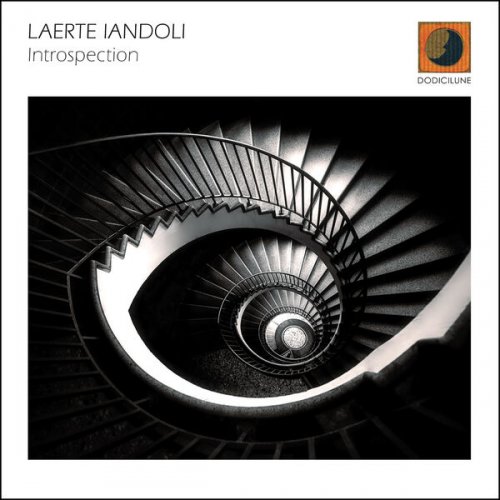
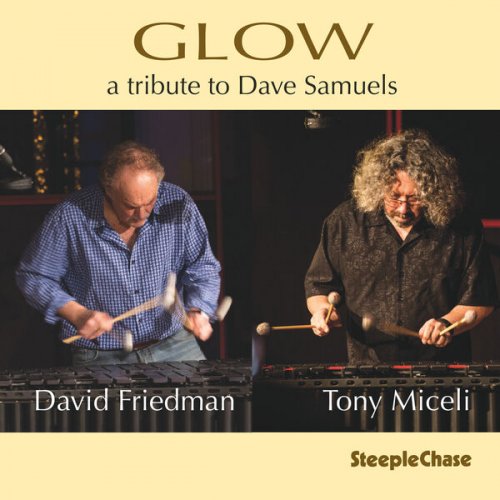

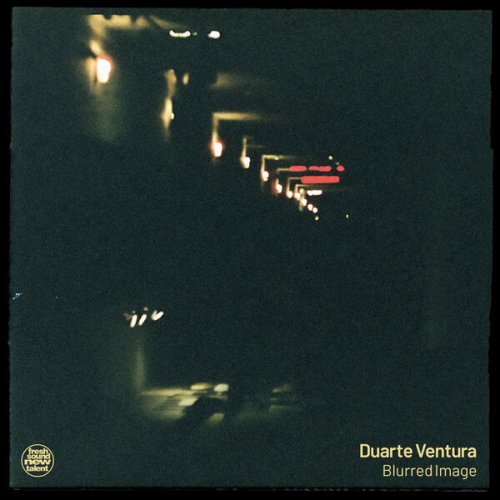
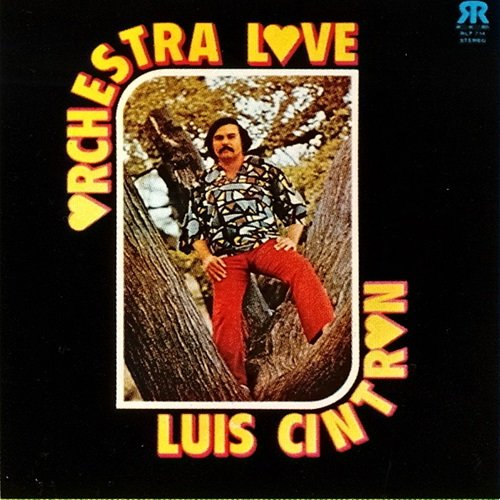


![Chad Lefkowitz-Brown - City Spirit (2026) [Hi-Res] Chad Lefkowitz-Brown - City Spirit (2026) [Hi-Res]](https://www.dibpic.com/uploads/posts/2026-02/1772171883_y3mc4z2lmsr7a_600.jpg)
